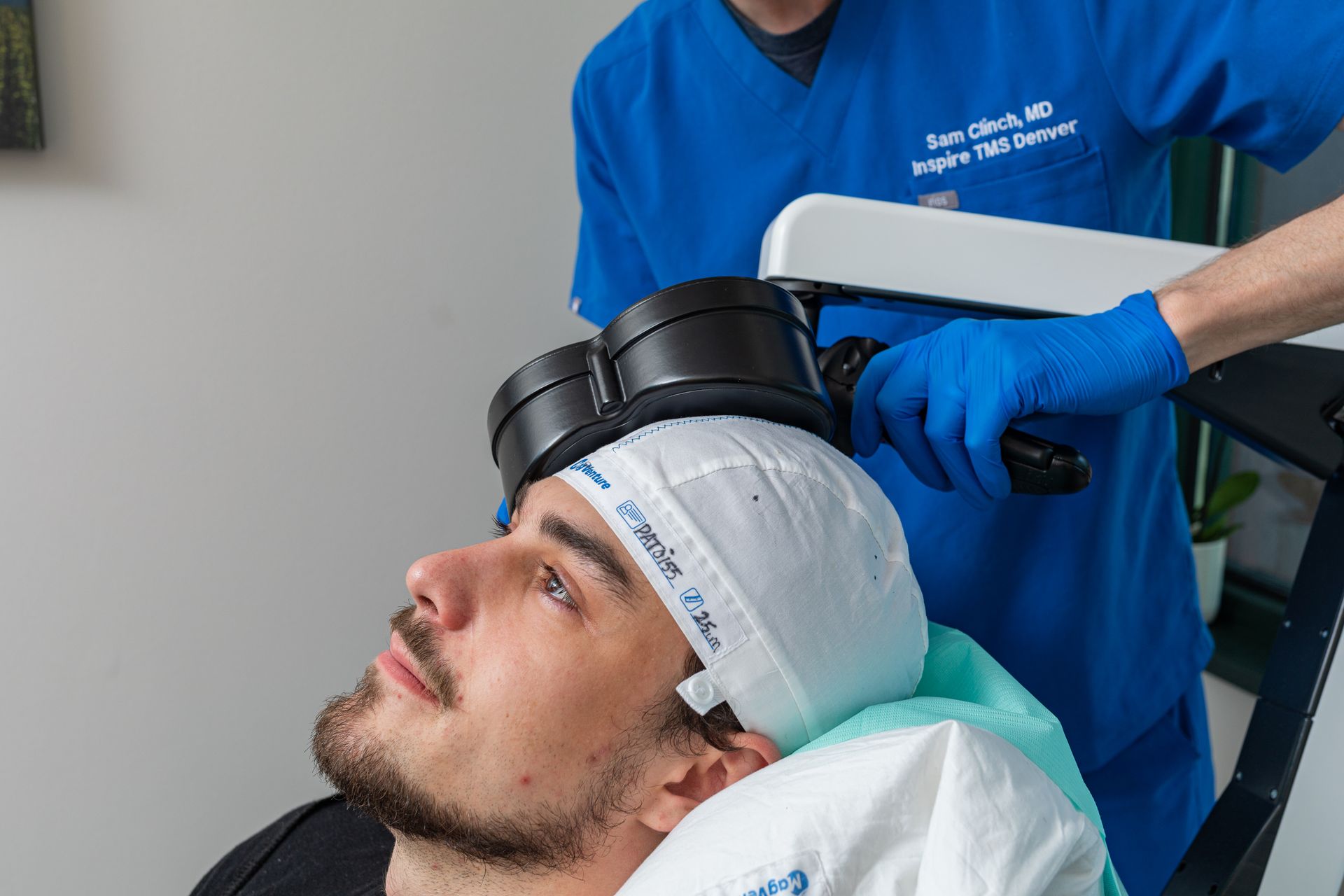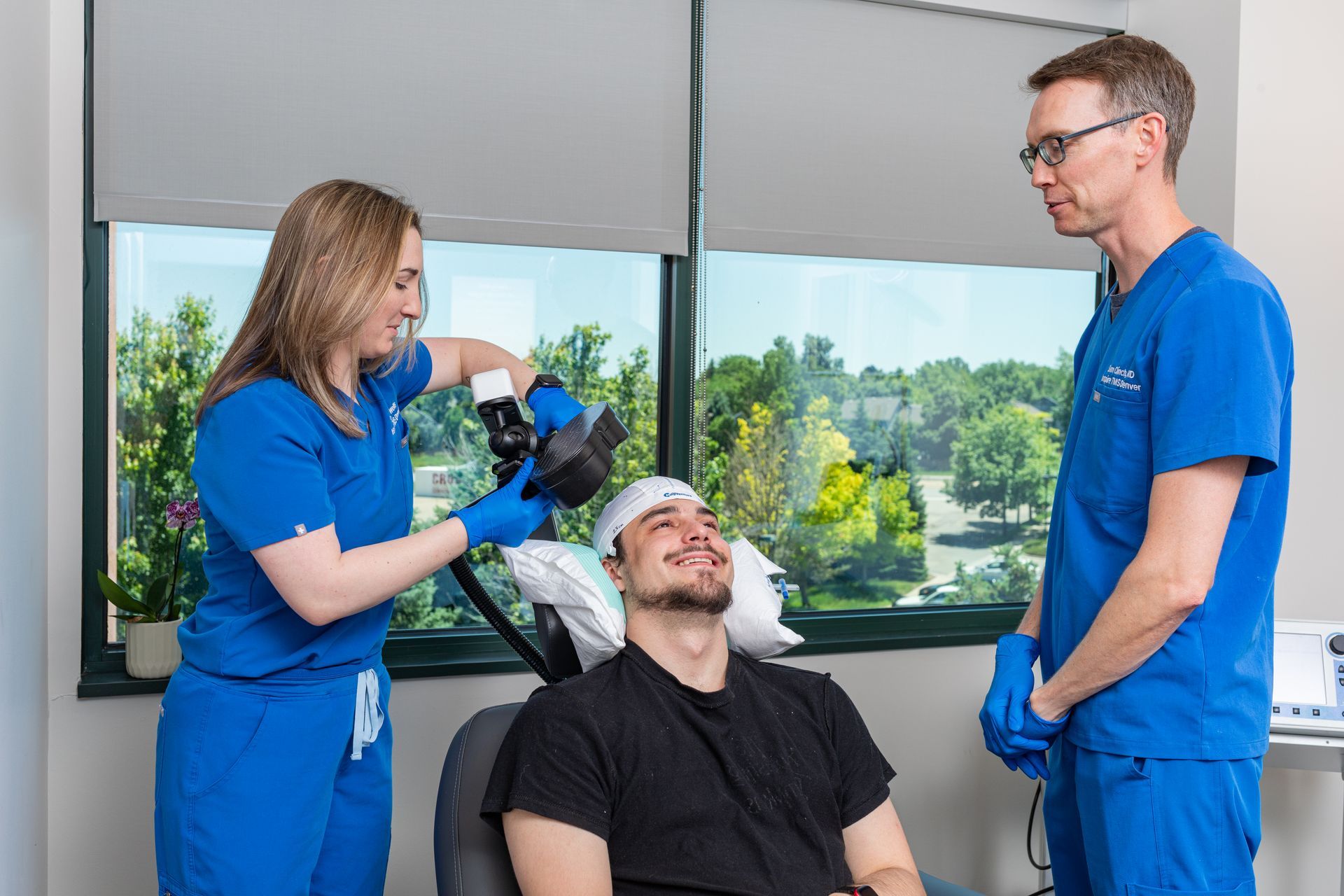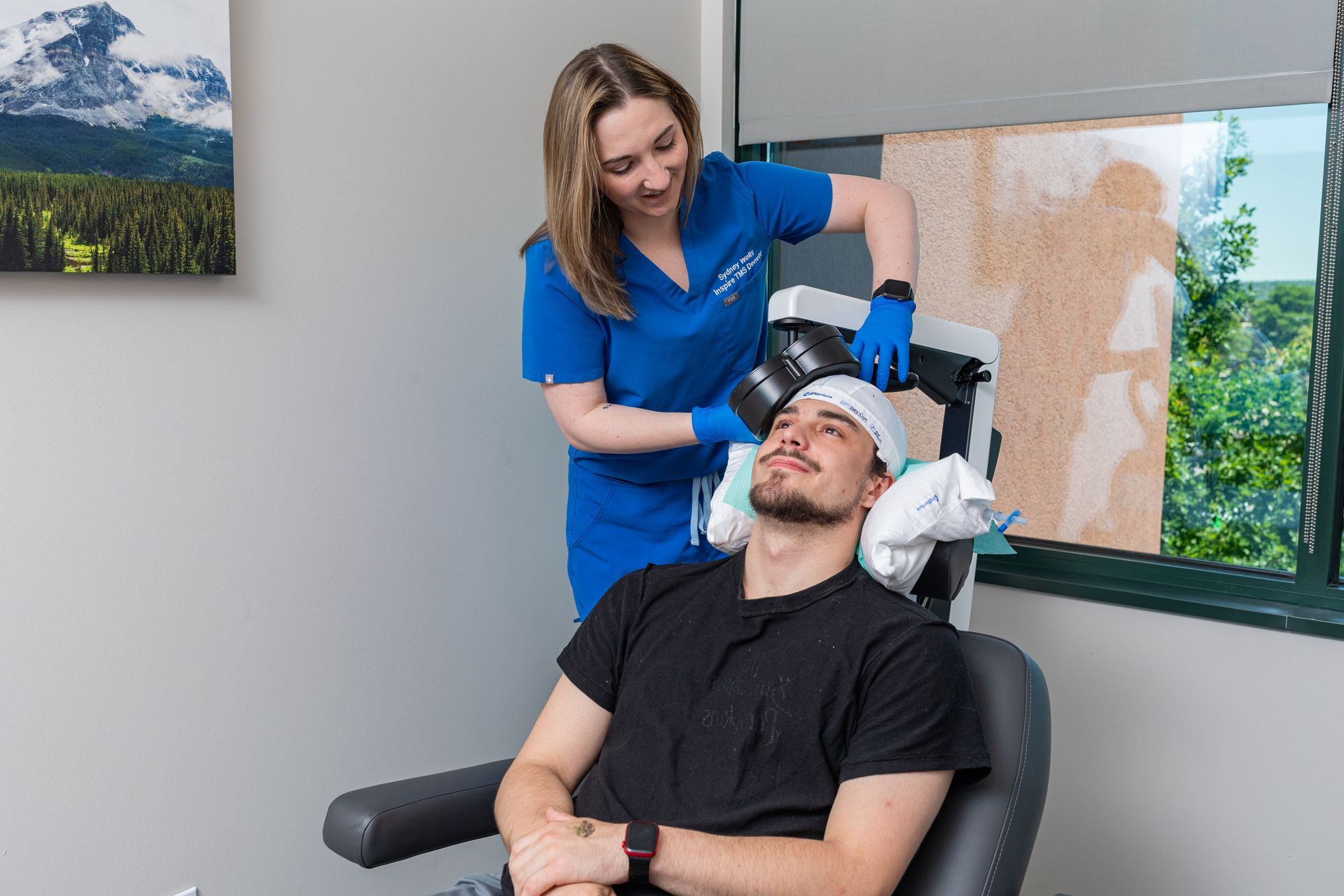Does Insurance Cover TMS in Colorado?
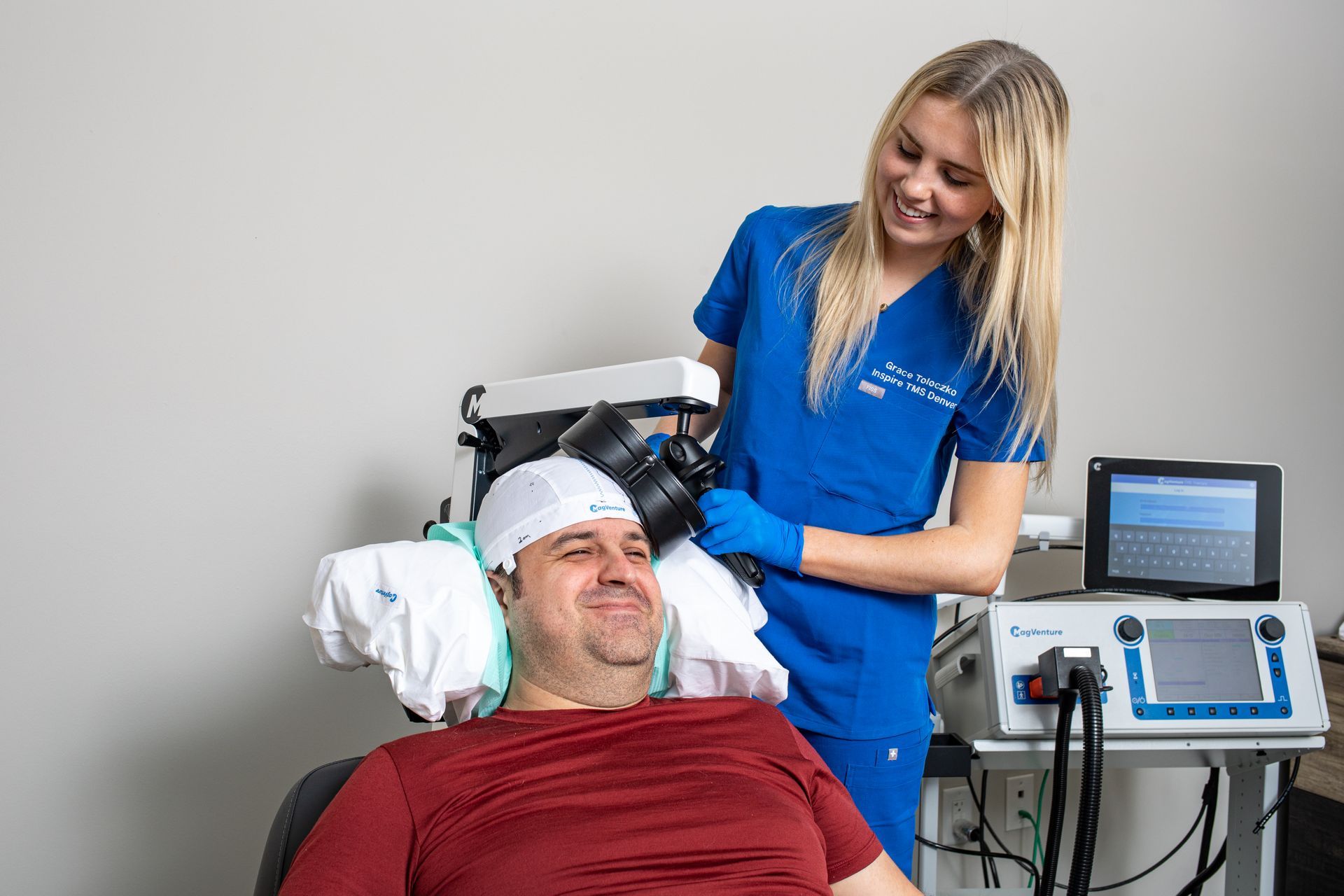
If you're considering TMS (Transcranial Magnetic Stimulation) therapy and wondering about insurance coverage in Colorado, you're not alone. TMS is a breakthrough, non-invasive treatment for depression and other mental health conditions, but understanding how insurance works can feel confusing.
Here's what you need to know:
Most Major Insurance Providers Cover TMS
In Colorado, most major insurance plans cover TMS therapy - especially when it's used to treat Major Depressive Disorder (MDD) and other treatment-resistant conditions.
This includes:
- Anthem Blue Cross Blue Shield
- Aetna
- Cigna
- UnitedHealthcare
- Medicare
- Tricare
- Colorado Medicaid – TMS is typically not covered under standard plans; rare exceptions may apply, but are not guaranteed.
Coverage varies by plan, but most insurers require documentation of treatment history (e.g., prior antidepressants and/or therapy) before approving TMS.
Typical Insurance Requirements
To qualify for insurance-covered TMS, patients often need to meet a few standard criteria:
- Diagnosis of Major Depressive Disorder (or other approved condition)
- Tried at least 2–4 antidepressant medications without adequate relief
- Completed a course of psychotherapy
- Have no contraindications, such as metal implants in the head
Every case is unique, so your provider will help gather the necessary documentation and submit the pre-authorization paperwork.
What Will I Pay Out-of-Pocket?
Out-of-pocket costs depend on your deductible, copays, and co-insurance. Some patients pay nothing; others have moderate out-of-pocket responsibilities.
We also offer:
- Sliding scale pricing for self-pay patients
- Flexible financing options via the Advanced Care Card
- Cost Estimator Quiz to get a personalized breakdown
We’ll Verify Your Coverage For You
Our team handles all insurance verification and pre-authorization. Before beginning treatment, you'll receive a clear estimate of your cost (if any).
Bottom Line:
Yes, TMS is often covered by insurance in Colorado, but coverage details vary by provider and plan. The best way to find out? Let our team do the legwork for you.
Book a Free 10-Minute Call
to check your eligibility and get answers to your coverage questions.
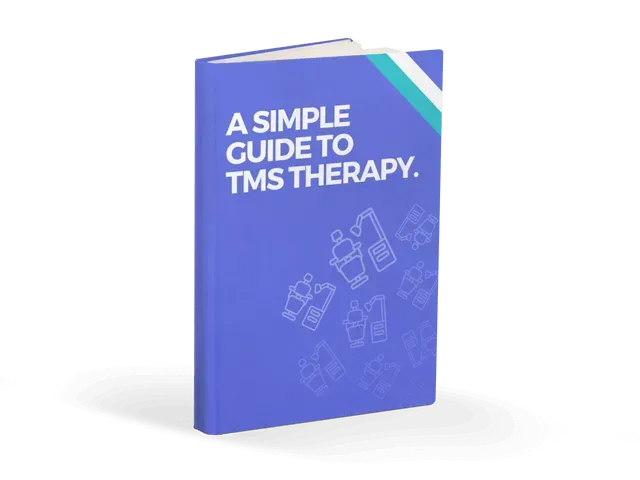
Every Question Answered
Want to know more about TMS? Check out this in-depth guide to TMS therapy with transparent and easy to understand explanations about TMS processes, protocols, and treated conditions.
Latest Posts
